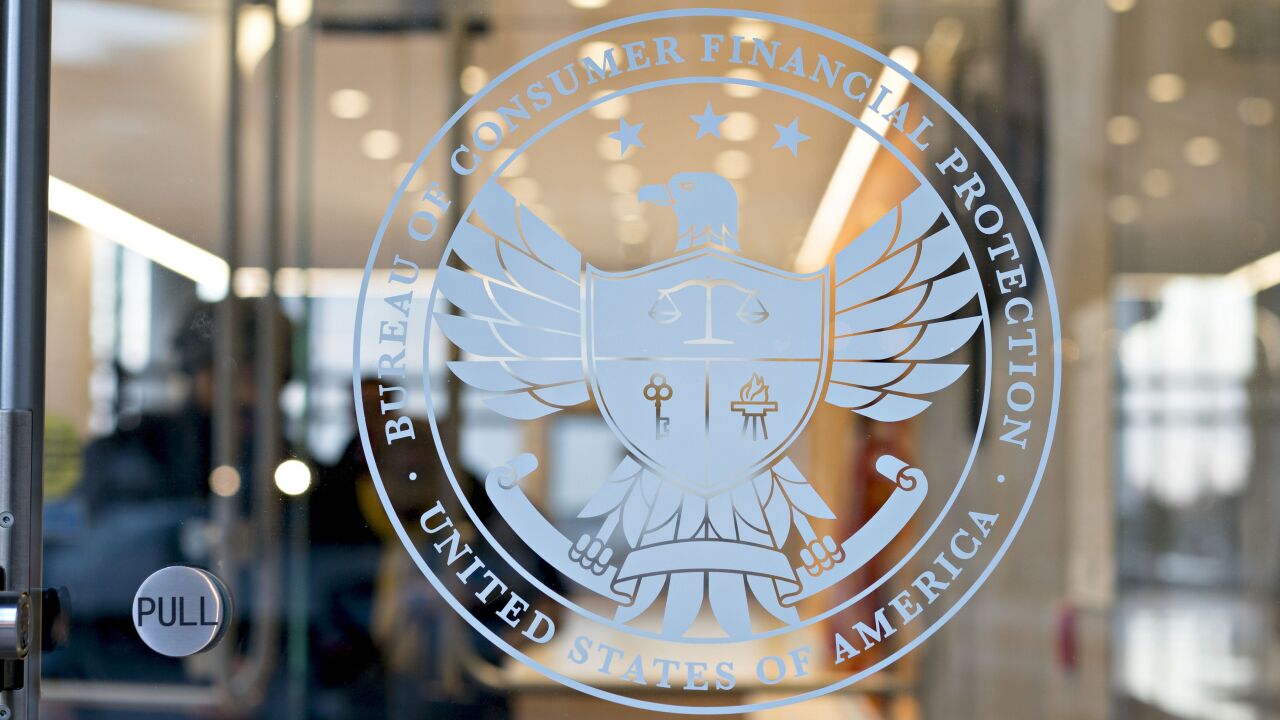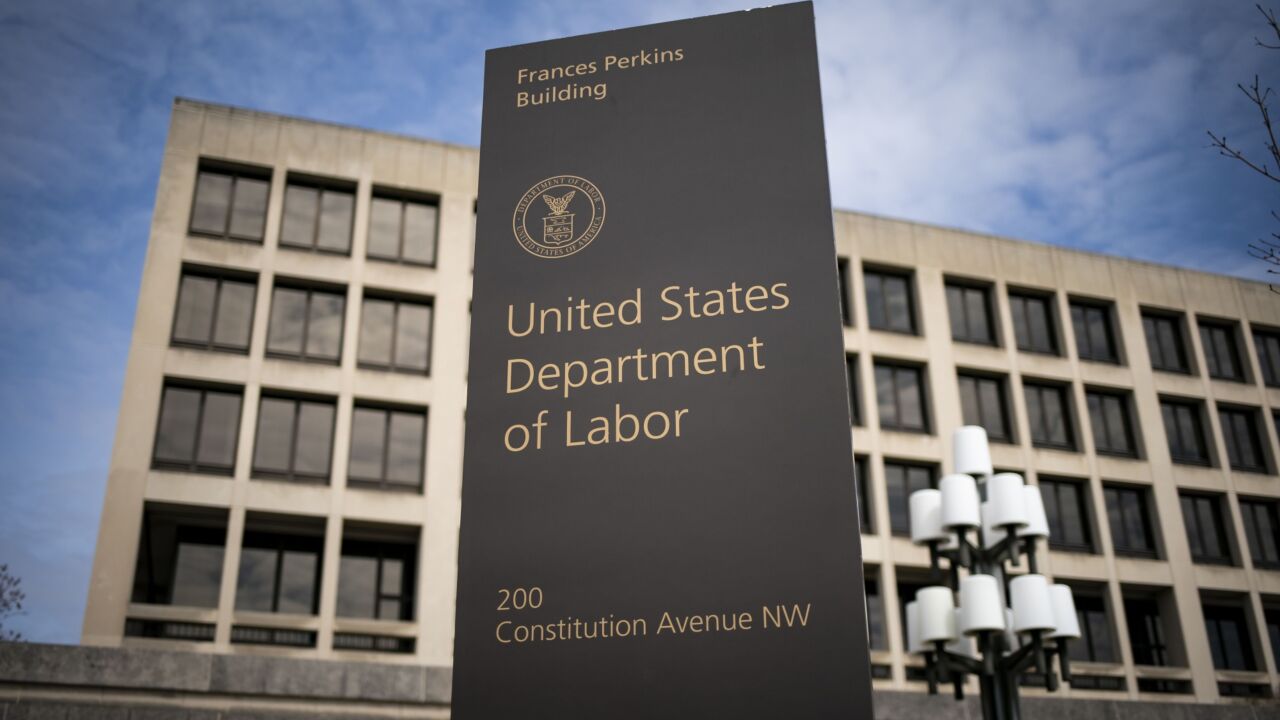-
With lawmakers weighing changes to Bank Secrecy Act requirements, the Government Accountability Office urged the Financial Crimes Enforcement Network to establish written policies for expanding use of the agency’s database.
September 22 -
The future of Fannie Mae and Freddie Mac, the Fed’s supervisory regime for the biggest financial institutions, reform of the Community Reinvestment Act and a host of other industry-related issues are on the ballot this November.
September 17 -
The Financial Crimes Enforcement Network is seeking to create a better-defined standard for effective AML compliance programs and is considering whether to impose formal requirements that banks assess their laundering risk.
September 16 -
The agency finally detailed how it may implement congressional requirements to collect information on credit to small businesses. Lenders below certain asset thresholds and that make few business loans could be off the hook.
September 15 -
The financial industry has praised the measured approach taken in a pending regulation on permitted communications with consumers. But two recent complaints by the bureau against debt collectors reflect a potentially aggressive enforcement stance.
September 11 -
The agency’s plan to extend the "qualified mortgage" stamp of approval to more loans could help lenders that rely on alternative data and cushion the blow of other QM changes for Fannie Mae and Freddie Mac.
September 2 -
The agency solicited input on the effects of the CARD Act regulations as part of a statutory requirement that the bureau review policies 10 years after they are implemented.
August 25 -
The agency solicited input on the effects of the CARD Act regulations as part of a statutory requirement that the bureau review policies 10 years after they are implemented.
August 25 -
Banks and other financial firms say the proposal to reverse restrictions on investment advisers does not go far enough. Meanwhile, investor advocates say it would loosen necessary protections.
August 12 -
Trade groups are still pushing for the industry's priorities, such as temporarily lifting the member business lending cap, as negotiations over the next round of aid continue.
August 10 -
The regulator announced in June it would use call report data from before the crisis to calculate bank assessment fees in September, a one-time change.
August 7 -
Members of the Senate Banking Committee took the agency’s leader to task for eliminating underwriting requirements for small-dollar lenders, which lawmakers said has left consumers more vulnerable during the pandemic.
July 29 -
The regulation allows banks to add employees with past convictions for trivial crimes after the industry complained the prior rules were too severe.
July 24 -
The national conversation around systemic racism has compelled large banks to withdraw support from the “disparate impact” proposal. But community banks maintain that the proposed reforms would reduce frivolous claims.
July 20 -
The OCC is proposing steps for determining which party is the "true lender," which affects how the agency oversees such arrangements.
July 20 -
Republicans still receive more money overall from bankers, but the gap is narrowing ahead of the November elections. Experts say that the trend corresponds with signs of a “blue wave” and that many in the industry prefer Democrats on nonregulatory issues.
July 15 -
Policymakers have eased some rules and the Supreme Court recently dealt a blow to the Consumer Financial Protection Bureau. But as the landmark legislation approaches its 10th anniversary, the post-crisis regulatory regime has stayed largely intact.
July 13 -
Backers say a bill to limit asset growth instead of restricting brokered funds addresses concerns about expanding balance sheets at troubled banks. But skeptics worry it would open the door to greater risk.
July 8 -
The agency delivered long-anticipated regulatory relief to the small-dollar loan industry by eliminating ability-to-repay requirements imposed under the bureau’s former director.
July 7 -
Rancor between Democrats and Republicans has made it hard to enact subsequent bills. But the 2018 reg relief package and more recent legislation offer hope for efforts to reach across the aisle.
July 6


















